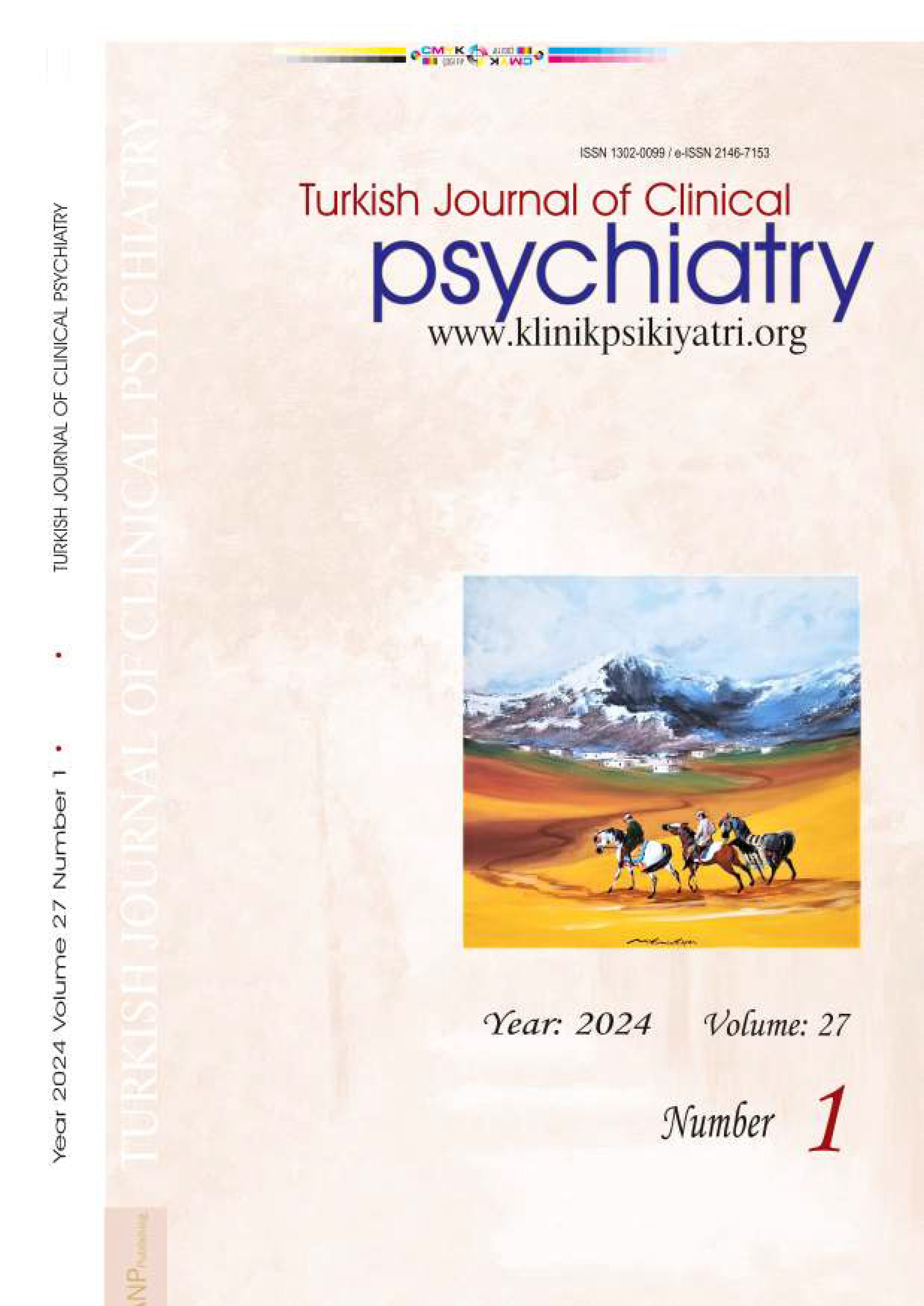
The Aggression Level of the Parents of Patients with Substance Use Disorder: The Relationship Between Aggression and the Level of Depression, and Anxiety
Suat Ekinci1, Merve Yalçınay2, Hanife Uğur Kural3, Hasan Kandemir41Avrupa Univ.2Koç Univ.
3French Lape Hospital
4harran univ.
INTRODUCTION: The aim of this study is to research the aggression level in parents of patients with substance use disorder and to examine the relationship between aggression and the level of depression and anxiety.
METHODS: 40 parents of patients with substance use disorder are included in substance use parents group. 40 participants who were equalized with the substance use parents group in terms of age and gender and do not have an Axis I diagnosis are considered as the control group. Parents who accepted to participate to the study and signed informed consent form included in the study. With the aim of collecting the data, a Sociodemographic Data Form, Buss-Perry Aggression Questionnaire, Beck Depression Inventory, and Beck Anxiety Inventory were given to the participants. In order to determine DSM-IV-TR Axis I diagnoses, The Structured Clinical Interview for DSM-IV-TR was used.
RESULTS: As we compared two groups in terms of scale scores, it was found that the scores of Buss-Perry Aggression Questionnaire, Beck Anxiety Inventory, and Beck Depression Inventory was higher in substance use parents group than the control group. It was revealed that 18 participants in substance use parents group (45%) had Axis I diagnosis comorbidity. Regarding the relationship between scales, there was a positive relationship between aggression and the level of depression and anxiety.
DISCUSSION AND CONCLUSION: In this study, it could be suggested that the aggression level was higher in the families of patients with substance use disorder and that there was a relationship between aggression and the level of depression and anxiety. In substance use parents group, high prevalence of Axis I diagnosis comorbidity was observed. We think that it is essential to handle the aggression problems of parents in the process of treatment of patients with substance use disorder.
Madde Bağımlılığı Olan Hastaların Ebeveynlerinde Öfke Düzeyi: Öfkenin, Depresyon ve Anksiyete Düzeyi ile İlişkisi
Suat Ekinci1, Merve Yalçınay2, Hanife Uğur Kural3, Hasan Kandemir41Avrupa Myo2Koç üniversitesi
3Fransız Lape Hastanesi
4Harran üniversitesi
GİRİŞ ve AMAÇ: Madde bağımlılığı olan hastaların ebeveynlerinde öfke düzeyinin araştırılması, öfkenin, depresyon ve anksiyete düzeyi ile ilişkisinin incelenmesi amaçlanmaktadır.
YÖNTEM ve GEREÇLER: Madde bağımlılığı olan hastaların 40 ebeveyni, madde bağımlılığı ebeveyn grubunu, madde bağımlılığı grubu ile yaş ve cinsiyet bakımından denkleştirilmiş, DSM IV TR tanı ölçütlerine göre eksen 1 tanısı almamış 40 kişi, kontrol grubunu oluşturmuştur. Çalışmaya katılmayı kabul etmiş ve bilgilendirilmiş onam formunu imzalamış olan kişiler çalışmaya dahil edilmiştir. Çalışmaya katılanlara, Sosyo-demografik Veri Formu, Buss-Perry Saldırganlık Ölçeği, Beck Depresyon Envanteri, Beck Anksiyete Ölçeği uygulanmıştır. DSM IV TR eksen I tanıları belirlemek için, yapılandırılmış klinik tanı görüşmesi kullanılmıştır.
BULGULAR: İki grubu ölçek puanları açısından karşılaştırdığımızda, MBE grubunda, Buss-Perry Saldırganlık Ölçeği, Beck Anksiyete Ölçeği ve Beck Depresyon Envanteri puanlarının daha yüksek olduğu görülmüştür. MBE grubunda 18 kişide (%45) eksen I eş tanı tespit edilmiştir. Ölçekler arasındaki ilişki incelendiğinde, MBE grubunda, öfke ile anksiyete ve depresyon arasında pozitif bir ilişki olduğu görülmüştür.
TARTIŞMA ve SONUÇ: Bu çalışmada madde bağımlılığı olan kişilerin ailelerinde öfke düzeyinin yüksek olduğu, öfke ile depresyon ve anksiyete düzeyleri arasında bir ilişki olduğu görülmektedir. MBE grubunda yüksek oranda eksen I eş tanı görülmektedir. Madde bağımlılığı olan hastaların ebeveynlerine yönelik psikiyatrik değerlendirmelerin ve tedaviye yönelik müdahalelerin göz ardı edilmemesi gerektiğini düşünmekteyiz.
Manuscript Language: Turkish
(4013 downloaded)




